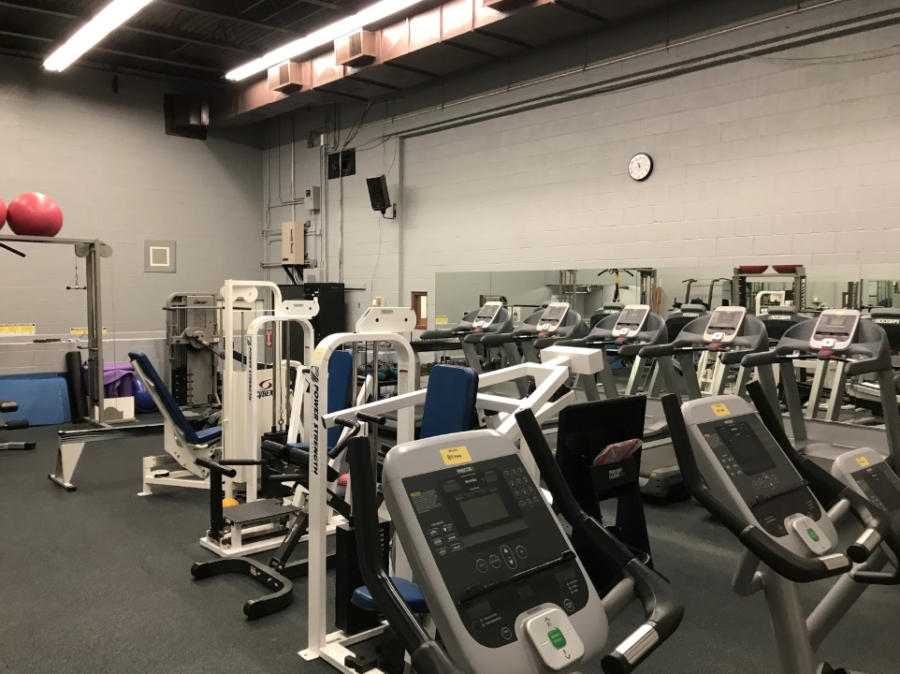The Importance of Exercise
Exercise is often overlooked in teenagers’ busy lives, but it is one of the most important activities that teens require. Exercise not only controls weight and benefits every part of the human body, but it reduces the risks of certain diseases and increases the chances of a long life. In fact, there are more serious risks to a lack of exercise than most teenagers know.
Achieving the proper amount of exercise each week for a teen is essential in their lives. According to the USDA Choose My Plate, it is recommended that adolescents up to 17 years old get 60 minutes or more of exercise daily and adults aged 18 years and above get 2 hours and 30 minutes of exercise each week. Physical activity during the teenage years tends to lag, but it is crucial for teens to maintain exercise.
One main advantage to teens exercising normally is that it benefits every part of the human body. According to About Our Kids (AOK), when humans exercise, chemicals called endorphins are released. Endorphins make the body feel good and promote happiness, which will cause humans to want to exercise more. Exercising also improves the mind, mental health, and mood. Senior Talle Donley expressed, “I think exercise is necessary for good health, even if it’s one day a week. I think staying active helps your body and mind.” The Harvard Medical School found that continual, regular exercise promotes better memory and thinking skills. Improved mood, sleep, and reduced stress is also a result of exercise, as found by the Harvard Medical School.
A well-known benefit of exercise is weight control and the reduced chance of some diseases. The Centers for Disease Control and Prevention (CDC) found that ongoing exercise controls weight. Weight control is important nowadays because many Americans are obese and have poor health. The Harvard Medical School points out that overweight children turn into overweight adults, and this problem is very current. Currently, two-thirds of adults in the United States are overweight, and a third of adults in the US are obese. The YMCA found that exercise reduces the chances of developing cardiovascular diseases, type 2 diabetes, and some cancers. According to Mayo Clinic, exercise fights against diabetes, cancer, heart disease, arthritis and more. Senior Brisa Footit states, “I personally think that exercise is very essential for good health because it can reduce the risk of developing many diseases and also improve your overall heart and lung health.”
Another benefit of exercise is that it increases the lifespan of individuals, according to the AOK. Combining exercise with a healthy diet also prolongs life. The AOK also points out that there are various activities that teens can complete that falls under the category of physical activity. From sports at school to activities at home, there is a wide range of things students can do to stay active and exercise. Donley stated, “I get about 2-4 days of exercise per week, depending on how busy my week is” and Footit stated, “I exercise about 4 times a week.” Many teens have busy schedules and other obligations, but incorporating fitness into their daily life is essential for good health. Senior Makynlee Schmidt voiced, “You can make more time to exercise on a daily basis by planning out your schedule and leaving time for it in there.”
As stated by Teens Health, exercise also helps teens age better. When humans exercise, their bones and muscles get stronger, which is important for when adults age. Footit exclaims, “By exercising you will be able to boost your energy and also improve your strength.” The Harvard Medical School compared the effects of aging with the effects exercise found on the body, and it was found that exercises influence how quickly your body grows older. While exercising, ones heart rate decreases, metabolism increases, and body fat decrease.
According to the Harvard Medical School, less than 1 in 10 teens get enough exercise. During teenage years, time is limited, and teens are using their time in the wrong ways. Another study, according to the CDC, finds that only 1 in 5 adults get the recommended 2 and a half hours of physical activity each week. Across the country, the majority of teenagers do not get enough exercise. This imposes many risks, especially health risks, for teens. Footit states, “Sometimes I am not able to exercise because of the amount of homework I have after school but it is nice to have fitness classes during school.” The CDC reports that if not enough exercise is achieved, serious illnesses such as strokes, diabetes, depression, heart disease, and cancer will more likely be developed.
The key to teens being healthy is a consistency of exercise and balance. Consistency is key when it comes to exercise because it is important to span your exercise out over the week instead of trying to complete it in one day. Also, figuring out how to balance exercise with school and a job or sport is important. While growing up, teens need to be able to take responsibility for their lives and be independent, while also sustaining a healthy lifestyle. Absorbing physical activity every day is vital, but also keeping up with school work and other obligations is important. Senior Tessa Tierney voiced, “A way to make more time for exercise on a day to day basis would be to have school days shorter, which would give me more time to exercise and also balance my school and work life.”
Nowadays, teens are facing pressure socially and academically while also undergoing physical, mental and emotional changes. The incorporation of exercise is essential. Teens have considerable amounts of time, so the time to start exercising is now, especially before many seniors head off to college.




